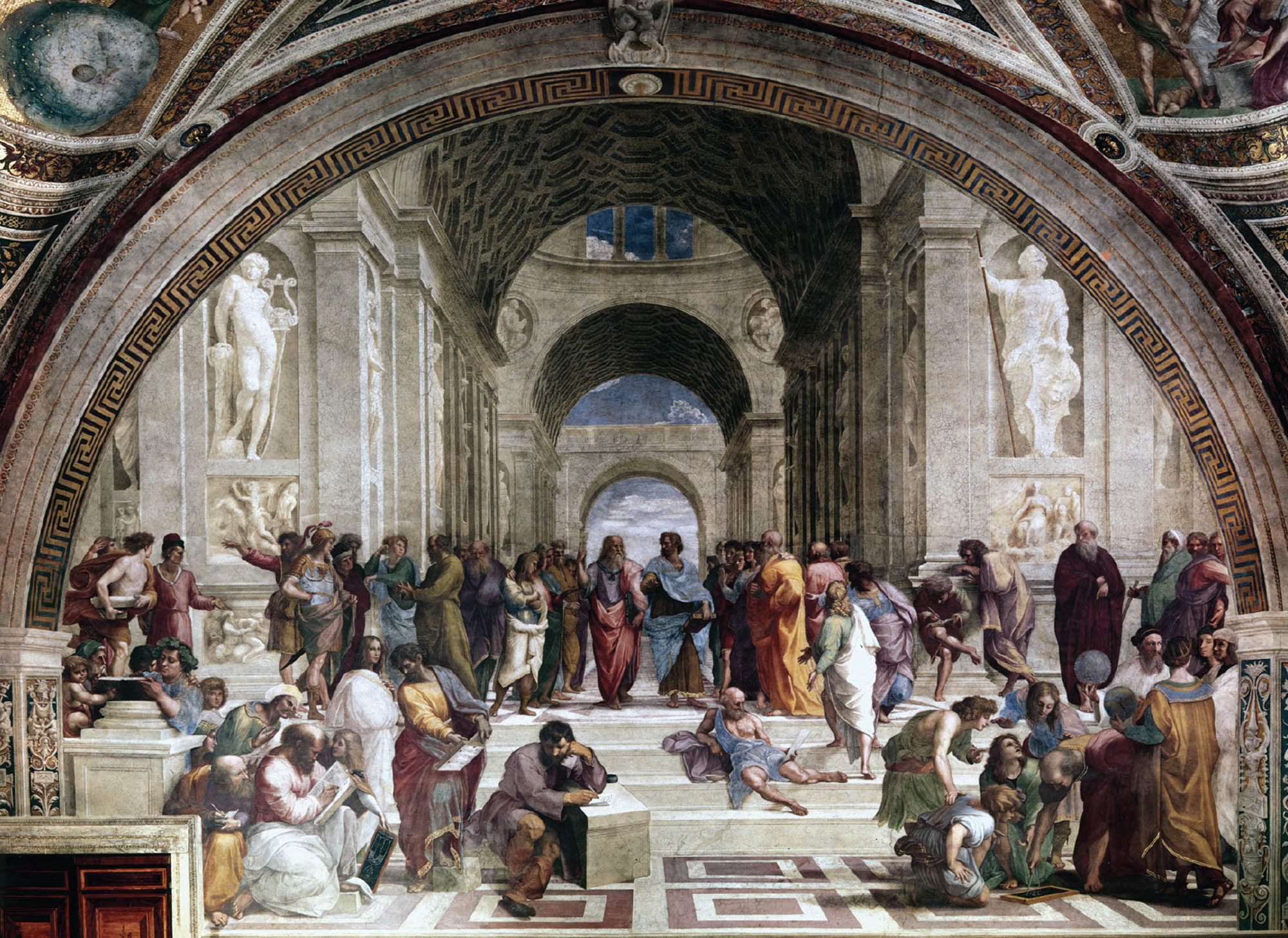journalofserviceclimatology.org – The Renaissance, a period spanning from the 14th to the 17th century, marks a profound cultural transformation in Europe. Often described as a “rebirth,” this era signifies a revival of classical knowledge and wisdom, influencing art, science, and philosophy. Beginning in Italy, the Renaissance gradually spread across Europe, laying the foundation for the modern Western world.
The Dawn of a New Era
Emerging from the so-called “Dark Ages,” the Renaissance brought a renewed interest in the ancient cultures of Greece and Rome. This revival was not merely an artistic movement but a comprehensive cultural awakening that permeated many aspects of life, including education, architecture, and even politics.
Humanism: The Heart of the Renaissance
At the core of the Renaissance was humanism, a philosophy that emphasized the value and agency of human beings, individually and collectively. Humanists promoted the study of humanities—literature, history, and moral philosophy—as opposed to the medieval focus on theology. This shift in focus led to an explosion of intellectual and artistic creativity.
Artistic Flourish: Masters of the Renaissance
The Renaissance is renowned for its artistic achievements, with masters such as Leonardo da Vinci, Michelangelo, and Raphael creating works that remain iconic to this day. These artists were not only painters and sculptors but also scientists and thinkers, embodying the Renaissance ideal of the “universal man.”
Scientific and Technological Advancements
The Renaissance was also a time of significant scientific discovery. Figures like Galileo Galilei and Nicolaus Copernicus challenged conventional wisdom and laid the groundwork for modern science. The invention of the printing press by Johannes Gutenberg revolutionized the dissemination of knowledge, making books more accessible and fostering an educated populace.
Social and Political Transformation
The Renaissance’s impact extended beyond culture and science; it also influenced European politics and society. The rise of powerful city-states in Italy, such as Florence and Venice, created a competitive environment that fostered innovation and growth. Additionally, the period witnessed the decline of feudalism and the emergence of modern nation-states.
Conclusion
The Renaissance was a pivotal period that reshaped European culture and thought. Its emphasis on human potential and the rediscovery of classical learning sparked a wave of advancements that continue to influence our world today. The legacy of the Renaissance is a testament to the enduring power of human creativity and intellectual pursuit.
